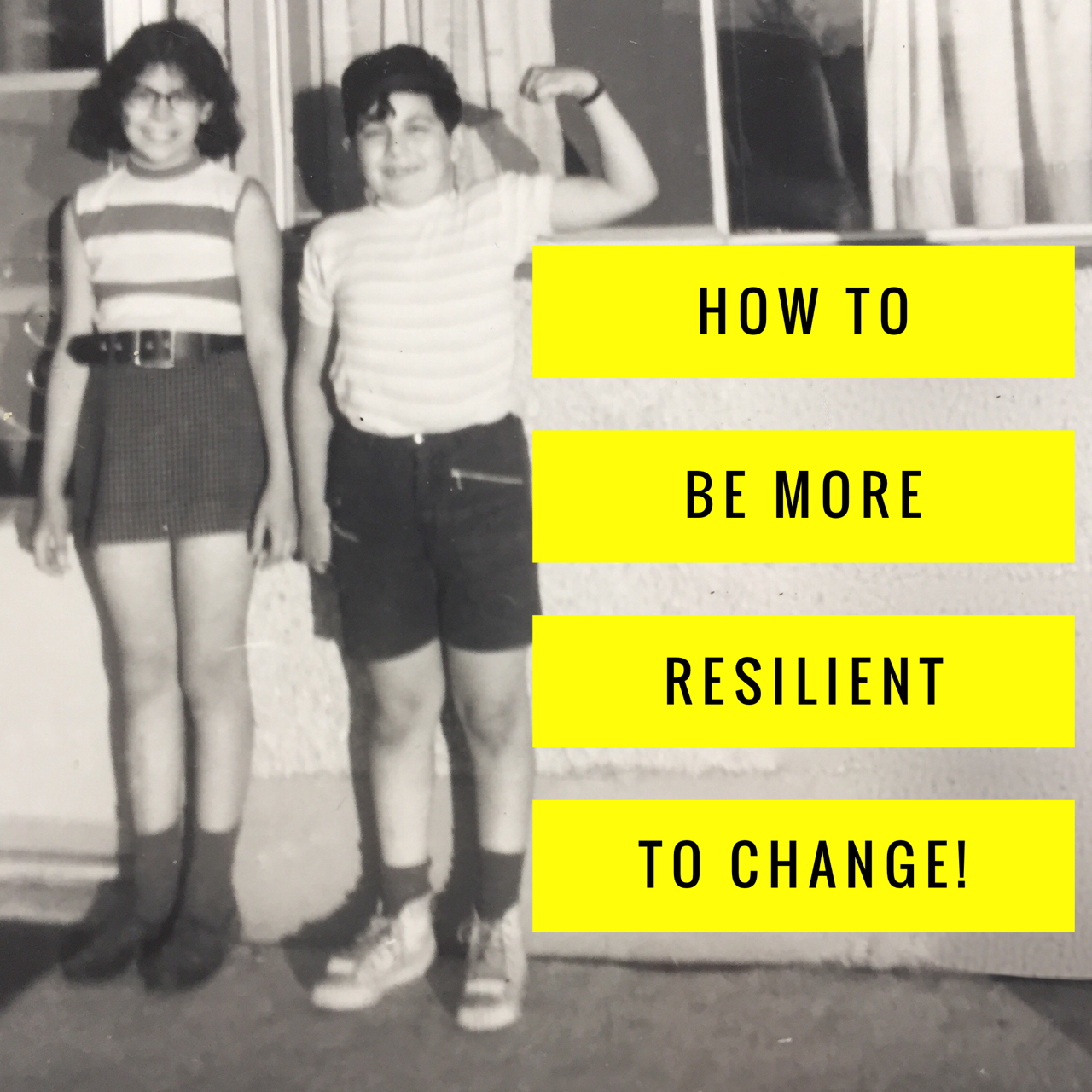
Popular Posts
Meet Paul
Paul is an expert at showing corporate teams how to be more unified and more collaborative. His proven team building program is guaranteed to bust through the silos as he shows your team how to be as unified as the players in a great orchestra.
A-list corporations have been using Paul’s team building program for almost two decades, his audiences include Microsoft, RBC, Goodyear, ING, Heineken, FedEx, PwC and P&G.

How to get people begging for your feedback!
I once made someone cry because of the feedback I gave them.
I didn't mean to, of course. But it happened.
I spent many years pursuing my dream of becoming a professional percussionist, wanting to play in an orchestra or any ensemble, for that matter, that would pay me to hit a drum. And while there was a bit of a transition period between being the student and becoming a pro, one day I was there. I, dressed in my second-hand tuxedo, was being hired and making a living (albeit meagre) as a freelance player in the big smoke.
Shortly after that, I found myself no longer the student but the teacher when I applied for and got hired by the Royal Conservatory of Music as a percussion instructor.
And while my playing resume was not too shabby by then, my teaching experience was limited and no one had ever talked to me about how to give good feedback to my students.
All I had was what I had experienced myself, the way I had been taught, the good and the bad.
I left the Conservatory a few years ago after having given feedback in over 15,000 private lessons and in some 2000 rehearsals.
While I did make someone cry once (ok maybe twice), I did figure out a few things about getting people to really want the feedback you have to offer.

Should you be hiding from your new boss?
Here’s an interesting statistic: According to a study done by PwC, CEO turnover at the 2500 largest companies in the world rose from 14.3 in 2014 to 16.6% in 2015 – a record high.
And it’s happened to all of us at some point. You’re just going about your business doing your job like you do every day and in comes a new boss.
You might not know this person or it might be someone who you knew was shortlisted but workplace conversation turns quickly to “hey, what do you know about the new boss?”
Very rarely does a new boss come in and continue the status quo. New bosses have new ideas and often want to make their mark.
For some this is a breath of fresh air; for others it causes fear and anxiety.
So how will you react? How will you deal with the change coming down the pipe?
A lot depends on what type of person you are, or more to the point, what type of person you choose to be.

How to stop competition from ruining collaboration.
Imagine going to a music concert and, during the performance, each instrument section (or individual player) tried to outshine the others.
It would be awful to watch and probably even worse to listen to. That’s because you expect this group of people to be working together to reach their outcome - not trying to outshine each other.
Yet this is what happens in many work places.
There is competition between departments and between people inside departments. Often, the dark side of competition also creeps in - withholding information, internal politics, and sabotaging other people’s efforts.
How can organizations make use of the spirit of competition but try to keep out the destructive parts? If only there was a way.
Ah, but there is.


